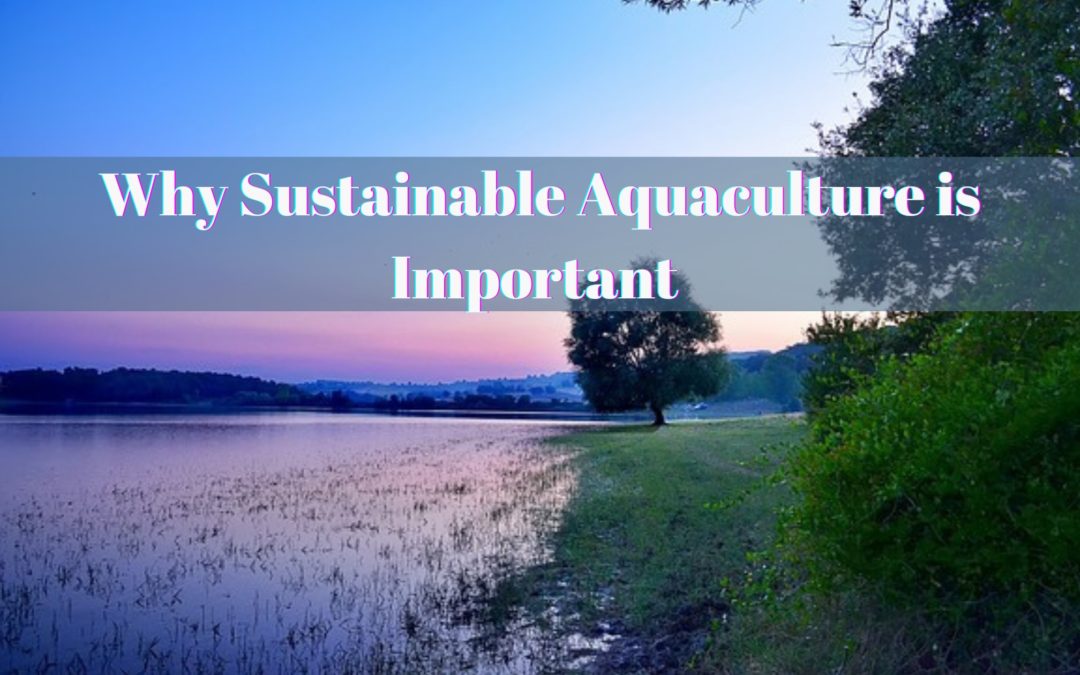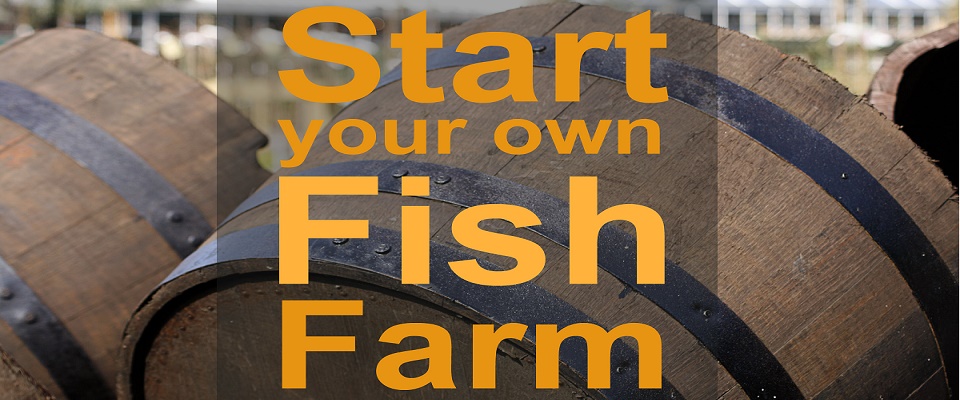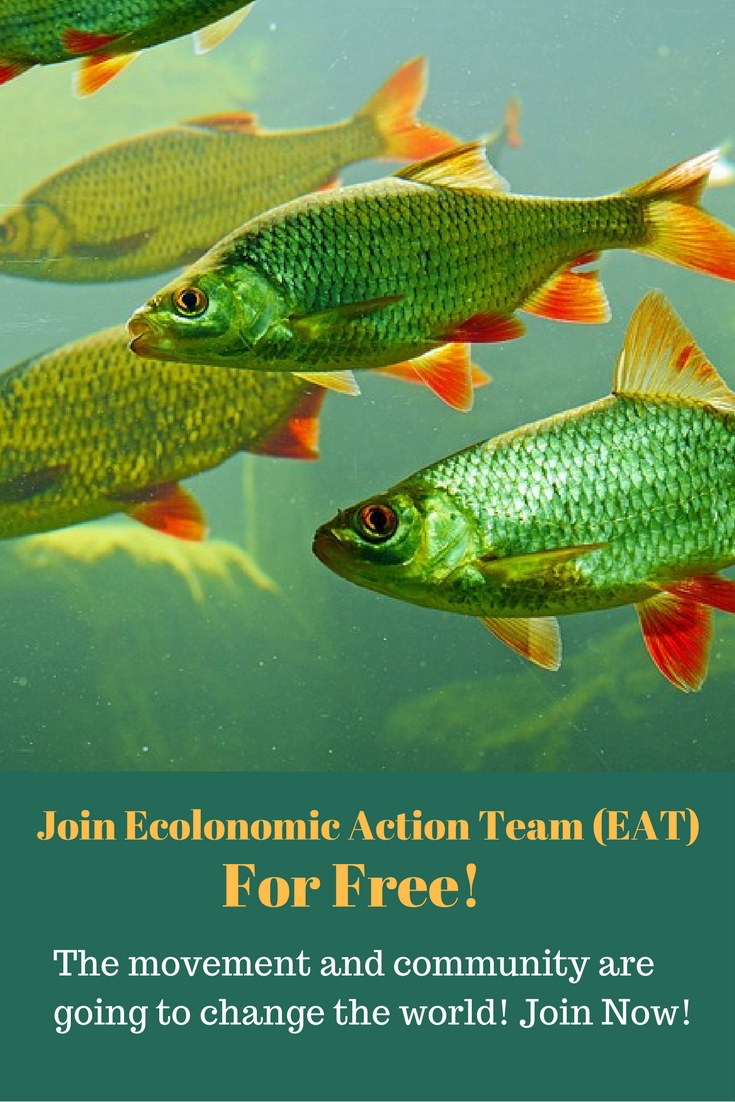The world population globally relies on agriculture to help feed the population that’s projected to reach 9.3 billion by the year 2050. In order to realize that; food production should be increased from the current tonnage of 8.4 billion to 13.5 billion a year. As the world population continues to increase; there is also increased competition for the water sources, energy resources and land that’s already scarce. There is also a growing impact that farmers and entire world population should contend with and to which agricultural practices contributes to greatly.
The increased growth in aquaculture has helped with increased supply of seafood and has contributed to keeping the overall price of fish down. The practice of aquaculture has also eased pressure on the wild caught fish. If undertaken sustainably; aquaculture is quite an ideal source to the supply of healthy and nutritious protein that to a great extent plays such a critical role in feeding the increasing world population.
The Role of Aquaculture
Responsible practice of aquaculture is important and a lot needs to be done to help reduce the impact of aquaculture on the environment while also sustaining the global population through reduction of overfishing. Aquaculture can to a great extent help relieve pressures on the wild stock fishing while providing an affordable and healthy source of protein to help feed world population.

Majority of seafood tend to have a lower carbon footprint when compared to the land-based meat production and also tend to require less usage of land. Due to overfishing and the use of destructive fishing practices; about 33% of wild fish stocks have already hit their biological limit.
Protection of Wild Stocks
With the anticipated increase in the world population; the demand for animal protein is more likely to increase and that demands for sustainable and healthy approaches to feeding the rising population. The primary role of aquaculture is to help complement wild fish stock options and to be able to increase accessibility to seafood world over. Aquaculture has the potential of improving the health of the planet and that of the population provided it’s undertaken in an environmentally friendly and socially responsible way.
Sustainable aquaculture should be done in a way that doesn’t pose any substantial risk to the wild fish stocks through transmission of diseases and parasites. However, such transmissions and escapes do happen with the open aquaculture systems that come into direct contact with the environment.
The issue with discharge of organic waste is a key sustainability issue that should be taken into consideration. The discharge of organic waste should be undertaken in a way that doesn’t end up affecting the surrounding ecosystem. Sustainable aquaculture should take into consideration best practices with regard to social impact on the workers and that of the host communities.
Economic Sustainability
Sustainable aquaculture is also economically sustainable. Investors are undertaking it with the aim of making profit and non gets started as a commercial firm without having any plan on making profits. The measures that are undertaken should be those that help in ensuring economic sustainability and profitability.
P.S: – Get more information on aquaculture farming by joining a team of expert farmers from across the globe. Join our EAT FREE Community for more online learning opportunities FREE!



